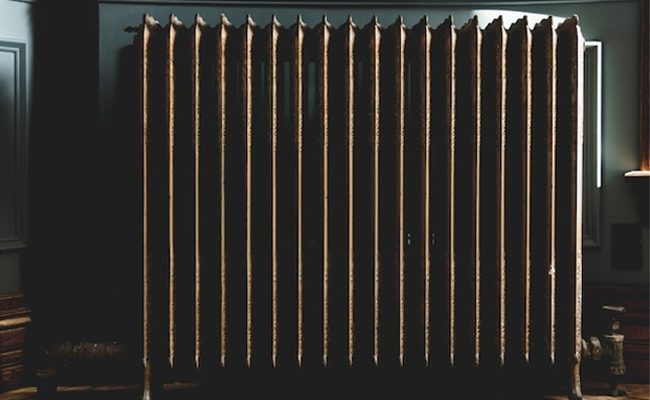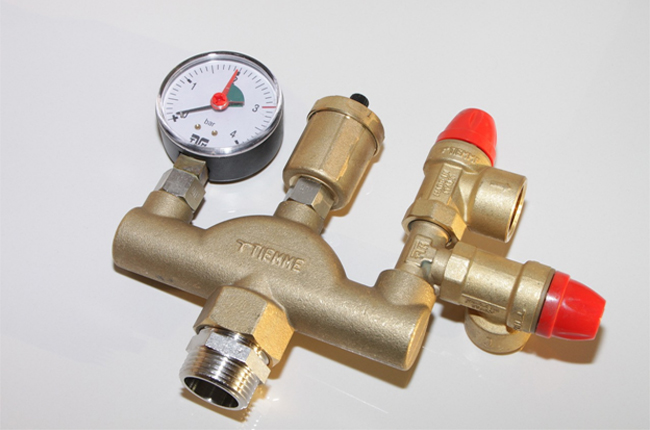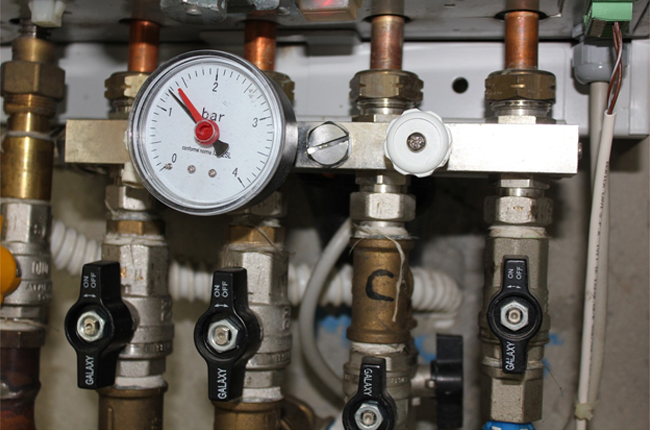
Deciding to replace an old boiler takes careful forethought and guidance from your qualified heating engineer. The expert will inspect the old system to ensure the equipment is no longer viable. In many situations, the unit has aged to the point it has become inefficient and requires frequent repairs.
A quality engineer will explain the benefits a more modern boiler with advanced features and functionality can afford you, including energy savings and cost-effectiveness. Continuing to repair an old boiler is not only a considerable expense, but these units lack environmental friendliness.
When it is time to purchase, you want to buy the most suitable boiler replacement from a reputable, trusted provider like SmartGas so the heating will last for an extended lifespan.
The most reliable, credentialed, and experienced engineers will inspect the property to gauge what type of boiler will serve the property and your needs with greater efficiency and affordability.
Consider a few suggestions on investing in the right boiler for your safety and comfortability, plus serving your home longer.

What Steps to Follow to Buy the Most Suitable Boiler for Your Home
SmartGas is one of many options for replacing an old boiler that has become less than efficient with a modern unit that will offer a safer, more comfortable, and more suitable choice for your home.
Reaching the decision to replace an old boiler can take considerable time. Many people invest in frequent repairs before speaking to their heating engineer for guidance on purchasing a new unit or if the old system is still viable.
Often the recommendation is to switch to a modern, efficient unit to save energy and expenses, especially if the equipment is over ten years old. That is when parts begin to give out, and the unit starts to wear down, causing the need for more frequent repairs.
In some cases, engineers find it difficult to locate parts for older systems that are not manufactured anymore, meaning a replacement becomes necessary since the old equipment cannot be fixed.
Please read here for details on replacing boilers to become more informed for an educated decision, and then let’s look at a few tips on purchasing a new boiler.
· Selecting the adequate boiler
You will be able to determine the type of boiler based on the home’s needs for hot water and heating, how many people live in the house, and the home’s size.
1. Combi
The most modern boiler on the market boasts the Combi boiler, which is also the preferred option in the UK.
The system is a single unit with no need to be installed with additional equipment, which is ideal when you have minimal space. Heat and hot water are provided with the Combi instantly as needed, with water taken straight from the mains.
It is essential that your home has high water pressure, or the stream will be weak coming from the tap. These can only sustain one tap at a time usually. Smaller properties benefit the most.
2. System
Those that demand hot water and sustain two or more bathrooms will opt for the system boiler, storing hot water in a cylinder. It might require a bit more space, but that investment is worth it if you need the extra water.
If you use an excessive amount of hot water, however, there could be instances where you need to wait on the cylinder to refill, which could cause a problem if you are in a hurry.
3. Regular
This unit has varied names, including “conventional,” “open-vent,” “heat-only,” and on. These are the oldest types, usually found in properties constructed in the 1960s or 70s. These also heat water that a cylinder holds in storage.
Aside from the cylinder, however, additional equipment, including an expansion tank and feed, is required since water is not taken straight from the mains. These are massive, with the recommendation to be used where one has already been installed with an older property.
The power is another point that needs to be considered
The power is measured in kW or kilowatts. Again, this will be determined by how many live in the home and the property size. If the output rating is too low, the unit will be challenged to meet the home’s demand. When it is too high, the utility costs could soar unnecessarily.
The priority is to have a heating engineer assess your hot water demand before committing to a boiler replacement.
The boiler’s location and installation can be flexible
There is exceptional flexibility with the placement of a modern boiler. These must no longer be placed in a utility room or a kitchen space. The only requirement is that the boiler be situated on an external wall in any location in the home.
The reason for this placement is to excrete the waste gases away from the property via the flue pipe. If you opt to move a boiler from one place to a different area, it will include additional fees with the replacement costs.
Maintain a budget
The price point for a new boiler can range based on numerous variables. It is vital to make it clear that you have a budget, what that is, and ensure that you stick with it. Some things that impact the costs include the boiler type, brand, and power level.
In addition, there will be charges for the installation process. These can vary based on changing the type for the same style, if you are changing the boiler’s location, the challenges with installation, and the time of year. It is critical to compare at least three quotes to ensure you receive competitive pricing.

Final Thought
Heating engineers recommend the best time of year to replace boilers is in the summer months. If the installation process is delayed in any way, it will not affect your comfort level with the warm temperatures.
Plus, the suggestion is that these are the slowest months for the heating pros like those at SmartGas, allowing more dedicated time for clients and their heating needs.
Leave a Reply